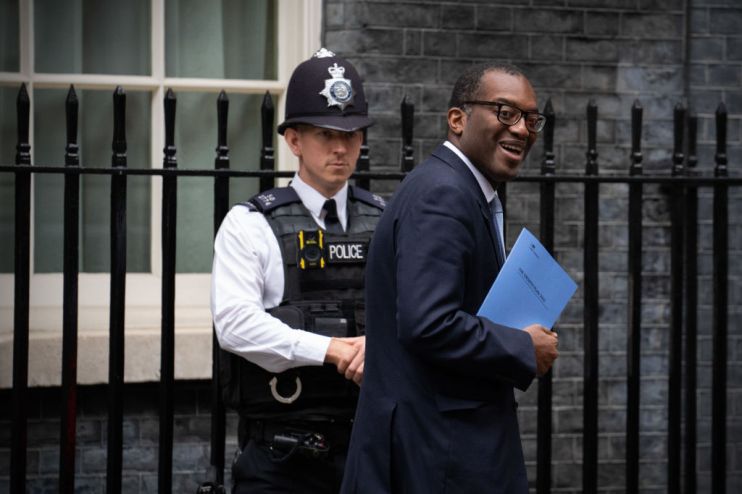OBR financial report and government fiscal plan to be delivered on 31 October

The UK’s spending and borrowing watchdog’s assessment of the government’s tax cutting splurge will be released on 31 October, chancellor Kwasi Kwarteng announced today.
In a letter to Tory MP and chair of the treasury select committee, Mel Stride, Kwarteng said he has decided to bring the Office for Budget Responsibility’s (OBR) forecasts forward from 23 November.
The chancellor’s second mini budget in which he is expected to set out how he plans to boost UK economic growth and improve the public finances will also take place on 31 October.
Kwarteng hit back at critics who slammed him for not releasing the OBR’s rough estimates on the public finances alongside his mini budget.
He confirmed he did receive the organisation’s analysis upon entering Number 11 in early September, but said “it would not [have been] appropriate to publish” them because they did not capture the policy changes he announced last month.
The move comes after the government rocked financial markets by announcing £43bn worth of unfunded tax cuts last month without an independent OBR report.
The pound collapsed to a record low against the US dollar in the immediate aftermath of the changes.
UK borrowing costs also surged higher, forcing the Bank of England to launch an emergency bond buying scheme worth as much as £65bn to protect segments of Britain’s pension providers. The Bank today said it is ramping up the daily cap on bond purchases to £10bn. The package is set to end on Friday.
The absence of an independent assessment of prime minister Liz Truss and the chancellor’s plans has dented market confidence in the UK’s fiscal management, sending borrowing costs higher and the pound lower.
The OBR is expected to illustrate the scale of debt the government will take on to fund the energy support package – which caps the typical household energy bill at £2,500 for two years – and permanent tax cuts.
Stride noted the OBR’s report will be released before the Bank of England’s rate setting meeting on 3 November.
“If this lands well with markets then [the monetary policy committee] meeting on 3 November may result in [a] smaller rise in [interest] rates. Critical to millions of mortgage holders,” he tweeted.
The Bank has already raised borrowing costs seven times in a row to 2.25 per cent, including two back-to-back 50 basis point rises, in response to inflation hitting a 40-year high of 9.9 per cent. Markets think governor Andrew Bailey and co may hike rates as much as 100 basis points.
Mortgage costs have surged to over six per cent and lenders have pulled products from the market due to severe volatility in the UK bond market.